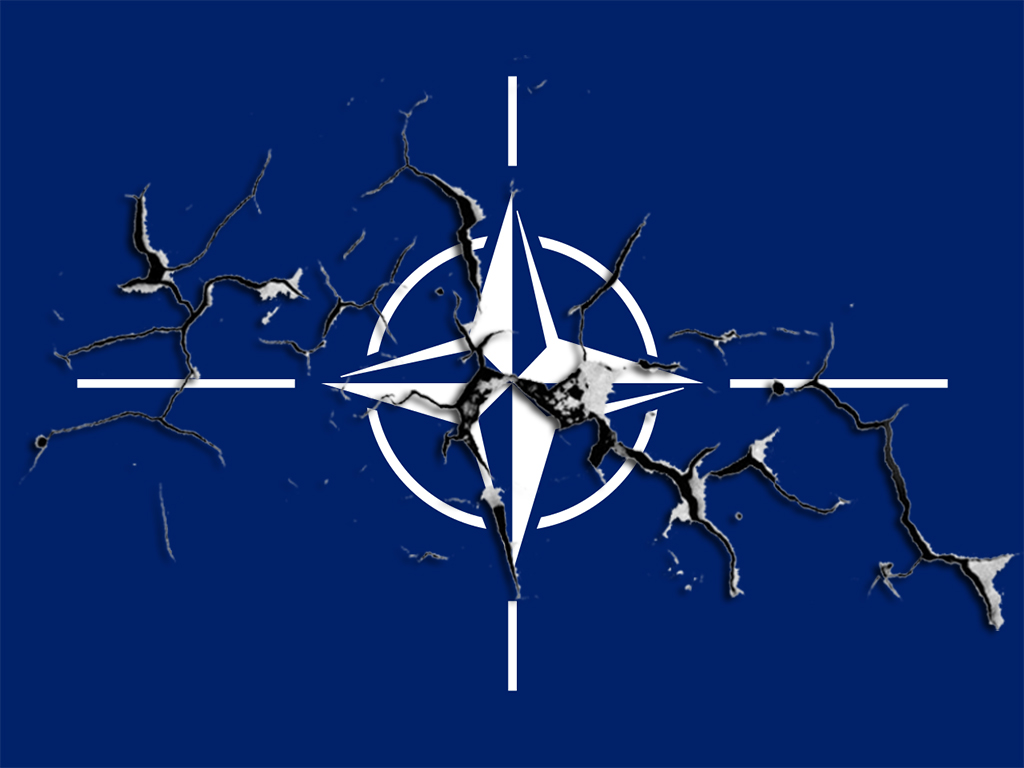
NATO with or without Turkey?
NATO ignoring Turkey's security concerns is the main factor that prompted the recent crisis between the two
Share
In each and every crisis between Turkey and the U.S. for the last 15 years, we have heard the same comments from a group of analysts and observers in regard to Turkey's relations with NATO. It was part of a "shift of axis" and "Turkey turns away from the West" discourse that has constantly popped up during the disagreements between Turkey and the U.S.
After the Turkish Parliament's decision to not let the U.S. launch its troops from Turkish soil, we had a wave of articles questioning Turkey's commitment to the Western security architecture. After Turkey's decision to facilitate a nuclear deal and signing of the Tehran declaration, another wave of similar analyses attacked Turkish foreign policy. While Turkey was improving its relations with some of its neighbors and diversifying its foreign policy we read the same form of analyses. Later in multiple different instances, the same form of arguments was published in regard to the orientation of the Turkish foreign policy. It has become a magic pill for Turkey's critics to be able to criticize Turkey's decisions.
In most of these crises, the critics failed to understand Turkey's position and its concerns were not fully appreciated. They prefer to question the "reliability" of Turkey as an ally. Despite Turkey's contribution to NATO operations in Afghanistan and its strategic value in defense systems, there is constant pressure from these countries on Turkey to reassure them about its commitment to the West. The irony is, for the last few years Turkey did not see the same form of cooperation and support from other NATO members in regard to its security concerns.
While the cities of Turkey were attacked by terrorist organizations, some of the NATO members failed to demonstrate sympathy and solidarity toward Turkey as a victim of international terrorism. The Turkish public was attentive enough to see the differences in showing solidarity when it came to Turkey. The intelligence cooperation against terrorist organizations remained less than satisfactory against some other terror networks. While Turkey was feeling the heat of two failed or fragile states on its southern border, there was not much support for the Turkish concern over the human security along its borders.
Turkey has had to bear the burden by itself for the last several years. This has gotten worse in the last three years, when the NATO allies of Turkey started to support a terrorist organization in order to defeat Daesh without any consideration about its implication to Turkey's security. The support for the People's Protection Units (YPG) not only emboldened the PKK and increased its recruitment activity, but also raised a significant threat for Turkey on its northern border.
For Turkish people, what was going on was basically a creation of an army from the terrorist group, training and equipping the members of this group like it was never done to any group in Syria, and providing air cover and advisers on the ground. Most significantly through its actors on the ground, the NATO allies were providing legitimacy for this group. When the July 15 coup attempt happened in Turkey, Turkey once again failed to receive support and a show of solidarity from the NATO members. Once more, the security risks that Turkey was facing did not raise sufficient support.
The Turkish public has already a large degree of skepticism in regard to these countries' commitments for the security of its allies following these developments. The "reliability" of the allies is being more frequently questioned in Turkey. Last week this skepticism reached a new level, when President Recep Tayyip Erdoğan's name and a picture of Mustafa Kemal Atatürk were used in an "enemy chart" during a drill organized by NATO.
Although NATO took some steps immediately after the incident, the issue was something almost unprecedented before. It is now important for NATO to take a more meaningful action in order to not only resolve the problem behind this scandal but also fix the broken trust in Turkey about NATO's commitment to its security. This will consist of full support to Turkey in the fight against terrorism, including the fight against terrorist organizations, the activities and financing of the PKK in NATO member countries and a more significant commitment in regard to Turkey's security along its southern border. It will be an important step for NATO to take these security risks seriously as that border is also its own southern border. While providing this support, NATO also needs to make sure that it does not provide more tools for people trying to see a NATO without Turkey.
[Daily Sabah, 27 November 2017]
Tags »
Related Articles








